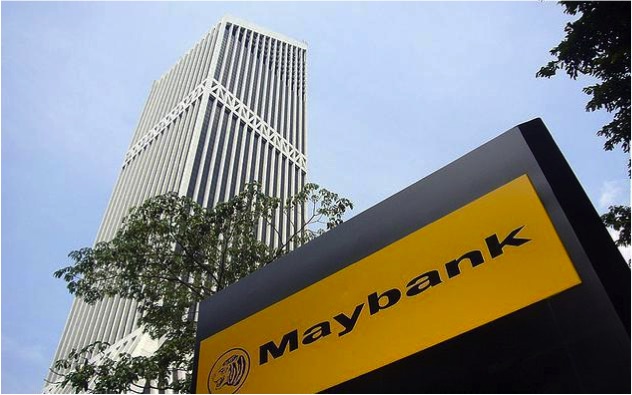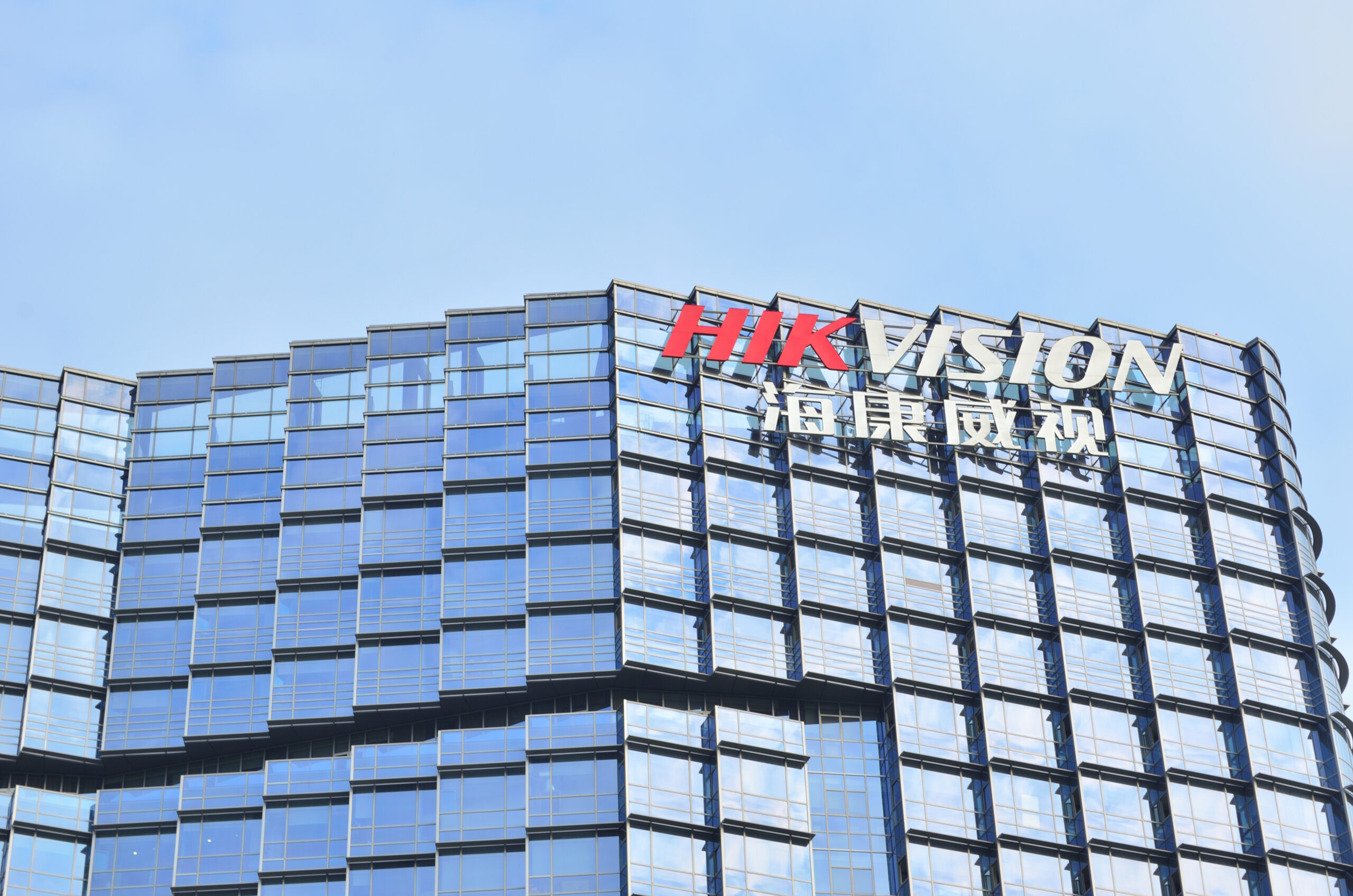Blockchain technology is making significant strides in the aviation industry, demonstrating its potential to disrupt and streamline operations. A recent study conducted by Aventus at Heathrow Airport revealed that airlines could achieve up to a 7% savings in overall cargo handling operations by implementing blockchain-based supply chain management solutions.
Impact on Airline Operations
The adoption of blockchain technology in cargo handling has not only reduced costs but also improved operational efficiency. According to Alan Vey, founder of Aventus, the introduction of blockchain has led to faster turnaround times, quicker container location, and more streamlined communications between airlines and ground handlers. These enhancements allow airlines and cargo handlers to redeploy saved time into more productive operations, contributing to the observed cost savings.
Experts in blockchain technology are optimistic about its capacity to transform major industries, though many potential applications are still in developmental stages. The tangible benefits demonstrated in the aviation sector suggest that blockchain technology could accelerate enterprise adoption across various fields.
Reduction in Communication and Error Incidents
Aventus reported a 90% reduction in communication and error incidents among airlines utilizing their blockchain solutions. This improvement is primarily due to the modernization of outdated Unit Load Devices (ULDs) that many airports have used unchanged since the 1990s. By digitizing these processes, Aventus has enabled airlines to minimize human errors associated with old ULD models, streamlining operations and ensuring compliance through secure blockchain-based documentation storage.
The outdated ULD management systems, according to Aventus, cost the airline industry more than $1.6 billion annually. By optimizing these systems, blockchain technology not only reduces costs but also enhances overall efficiency.
Aventus is collaborating with major airlines across Asia, Europe, and the Middle East to digitize their tracking solutions. One pilot project demonstrated a 28% reduction in loading times and an 83% decrease in manual documentation time, significantly increasing capacity among airline workers.
Michelle Roosevelt, Director at Aviation Perishables Handling, praised the Aventus Web3 stack for its speed and responsiveness: “We’ve seen huge improvements in productivity. The app is more than a tool – it’s reshaped how we manage and track our aircraft containers…”
| Benefit | Description | Percentage Improvement |
|---|---|---|
| Cost Reduction | Savings on cargo handling operations | 7% |
| Operational Efficiency | Enhancements in turnaround times, container tracking | Significant |
| Error Reduction | Decrease in communication and operational errors | 90% |
| Time Savings | Reduction in loading and documentation times | 28% and 83% |
Alan Vey emphasized that the aviation industry is “ripe for innovation in general,” with blockchain positioned as a pivotal technology in this transformation. The successful implementation of blockchain solutions in cargo handling and tracking exemplifies the technology’s capacity to revolutionize industry practices, promising broader adoption as more companies recognize its benefits.
As the industry continues to navigate through its digital transformation, the role of blockchain stands out as a key driver for efficiency, security, and cost reduction, potentially reshaping how airlines operate globally.
The implementation of blockchain technology in airline cargo handling operations at Heathrow Airport has demonstrated significant cost savings and efficiency improvements. These advancements highlight blockchain’s potential to enhance various aspects of airline operations and may serve as a model for further adoption in the aviation sector and beyond.













